by Ashley Carter
Share
Oil and gas laboratories operate under immense pressure to enable better recovery rates, minimized emissions, and sustained profitability amidst regulatory and economic constraints. Manual data entry, spreadsheet-based tracking, and siloed instrumentation restrict productive potential. A Laboratory Information Management System (LIMS) delivers the digital framework to transform lab performance through workflow automation, data contextualization, and actionable analytics.
By integrating instruments, automating repetitive administrative work, and converting data into interactive dashboards, an oil and gas LIMS solution empowers faster, smarter operational decision making. Technicians save hours previously lost to paperwork and cumbersome data review to focus on high-value tasks. Real-time data visibility uncovers hidden opportunities for greater efficiency gains, optimized preventative maintenance, cost reduction, and subsequent revenue growth. For lab executives exploring how to future proof workflows for maximum productivity and resilience, this guide outlines must-have capabilities.
Core Oil and Gas LIMS Functionalities
While every laboratory has unique needs, core functionalities of leading oil and gas LIMS solutions include:
- Streamlined Sample Login and Tracking – Simplifying the sample creation process via barcoding and automated test assignments prevents manual data entry and errors. Custom forms standardize data capture for specialized samples. Statuses and event logging automatically advances samples through review and testing workflows to completion.
- Real-Time Instrument Integration – Interfaces with laboratory instrumentation allow automated importing of testing data directly into samples. This prevents transcription mistakes, improves standardization, and accelerates results delivery.
- Interactive Dashboards and Visual Analytics – Customizable dashboards convert operational data into graphical key performance indicators. This provides accelerated insights into workload allocation, cycle times, equipment utilization, testing volumes, and productivity.
- Automated, Custom Reporting, and Certificate Creation – LIMS can compile testing data into custom report and certificate formats, saving hours of manual effort. Sample history reports compile data from shared sample locations for ease of trend analysis. Scheduled distribution via emails or the customer portal streamlines these communications further.
Choosing the Best Provider for your LIMS Oil and Gas Solution
Oil and gas-specific LIMS capabilities are pivotal for enabling greater efficiency and sustainability. Therefore, realizing maximum returns depends heavily on choosing the right solution and implementation partner. Carefully evaluating options using these criteria sets labs up for long-term success:
- Rigorously Assess Information Security – Data integrity, multi-factor accessibility, auditing, backup redundancy, and cybersecurity controls are baseline requirements to verify in a LIMS provider.
- Scalability and Stability – Simplifying the sample creation process via barcoding and automated test assignments prevents manual data entry and errors. Custom forms standardize data capture for specialized samples. Statuses and event logging automatically advances samples through review and testing workflows to completion.
- Integrate and Consolidate Infrastructure – Integrating LIMS tightly with instrumentation already implemented supports a “one source of truth” laboratory structure. This also improves efficiency and reduces sources of manual data entry.
- Responsive, Expert Support – LIMS platforms see continuous enhancements and increasing complexity over years of use. Therefore, a support team that provides ongoing training, reliable issue resolution, and supports feature improvement requests is vital.
By selecting a purpose-built LIMS backed by customer-focused resources, oil and gas laboratories can achieve game-changing efficiency and data insights. Schedule a demo with Wavefront Software to see how our LIMS can help your laboratory improve efficiency and make informed, strategic decisions.
STAY IN THE LOOP
Subscribe to our Free Content
Learning about LIMS is a monthly article series where Wavefront shares questions that have come up throughout our interactions with a range of individuals and customers. We do our best to provide information about each topic to help people learn more about LIMS.
Sign up here to be added to our mailing list and receive these articles directly in your inbox.
In today's rapidly evolving laboratory environment, effective data management has become increasingly crucial for maintaining operational excellence and competitive advantage. Modern laboratories generate an unprecedented variety of data types, each requiring specific handling protocols and storage considerations. A robust Laboratory Information Management System (LIMS) serves as the cornerstone of efficient laboratory operations, providing comprehensive solutions for data complexity, regulatory compliance, and long-term data integrity while ensuring seamless workflow integration.
Laboratory staffing shortages have become a critical challenge across industries. Learn how LIMS features and automation helps laboratories maintain high standards and increase efficiency, even with reduced personnel. Wavefront LIMS provides comprehensive solutions for workflow automation, knowledge transfer, and staff development - enabling your laboratory to thrive despite staffing constraints.
In an era of increasing complexity and rising performance expectations, laboratories must do more with less. Discover how a Laboratory Information Management System (LIMS) can transform operational challenges into competitive advantages, turning your lab from a cost center into a strategic asset.
In an increasingly competitive and regulated laboratory environment, implementing a robust Sample Management Software solution is essential for driving operational excellence. A comprehensive Laboratory Information Management System (LIMS) streamlines sample tracking, enhances data integrity, facilitates compliance adherence, and unlocks powerful analytics for continuous improvement. Discover how to harness the transformative potential of LIMS to position your laboratory for long-term success.





